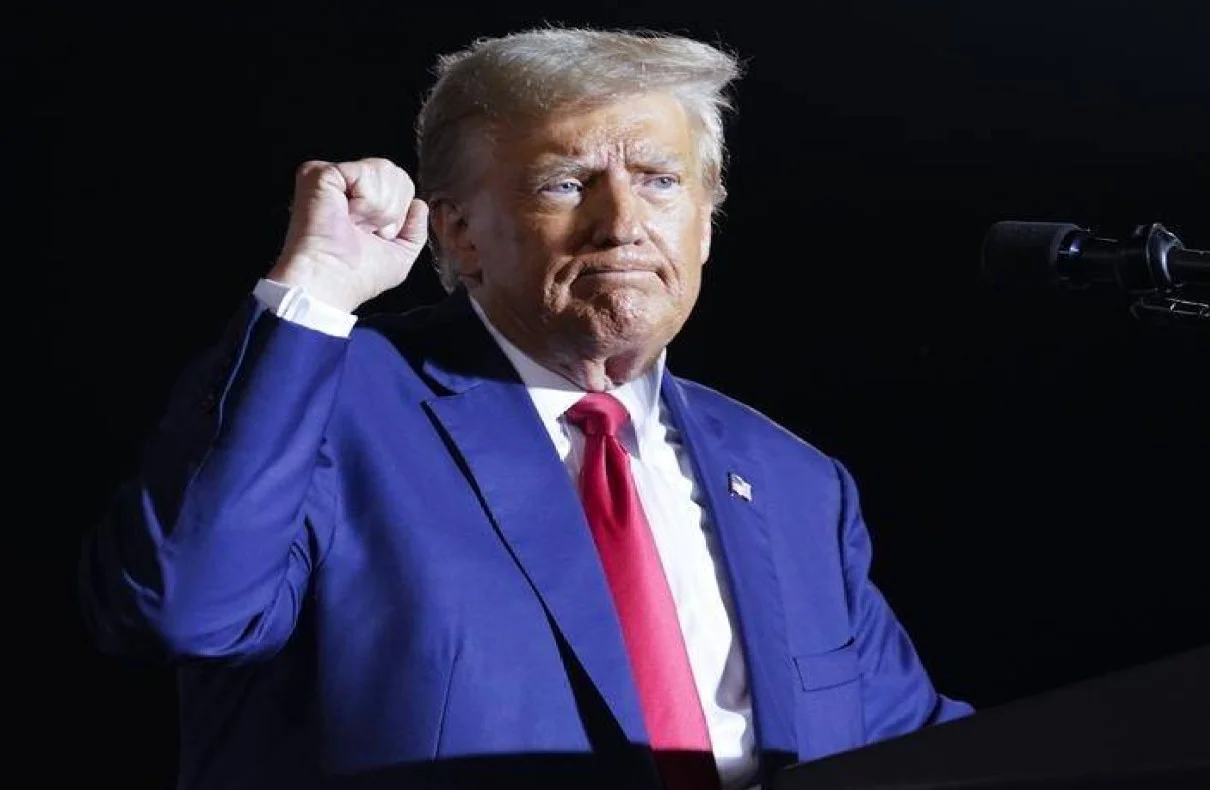The Supreme Court of the United States has definitively ruled on the eligibility of former President Donald Trump to run for the presidency in the upcoming election. This decision has overridden the efforts of several states attempting to disqualify him based on the constitutional clause against insurrection. This landmark ruling has implications not only for the political landscape of the United States but also for the legal interpretation of the constitution.
The Supreme Court unanimously ruled that individual states do not possess the constitutional authority to disqualify a presidential candidate using an anti-insurrection clause. This decision was reached in response to the state of Colorado’s efforts to bar Trump from its Republican primary on the grounds of his alleged incitement of the 2021 Capitol riot.
The legal standing of the Supreme Court’s decision is rooted in the interpretation of the 14th Amendment of the U.S. Constitution. This amendment, established in the aftermath of the Civil War, includes a section that prohibits federal, state, and military officials who have engaged in insurrection or rebellion against the U.S. from holding office again.
However, the Supreme Court, in its verdict, clarified that this power to enforce the 14th Amendment lies solely with Congress and not with individual states. This interpretation effectively prevents states from disqualifying federal candidates based on their perceived engagement in insurrection.
The implications of this ruling are wide-ranging. Firstly, the decision clears the path for Trump to compete in the Colorado primary, scheduled for Tuesday. As a front-runner for the Republican nomination, Trump is expected to face a potential rematch with Democratic President Joe Biden in November’s general election.
American Airlines Incident: Passenger Attempts to Open Emergency Door Mid-Flight
Secondly, the ruling sets a precedent that overrides similar challenges brought in other states. Maine and Illinois, following suit with Colorado, also attempted to disqualify Trump from the ballot on similar grounds. These endeavours were put on hold while the challenge to the Colorado ruling was escalated to the Supreme Court.
The decision has been met with a multitude of reactions. Trump immediately celebrated the ruling as a “big win for America” and used the verdict as a springboard to launch fundraising efforts for his campaign.
On the other hand, Colorado’s Secretary of State, Jena Griswold, expressed disappointment with the ruling, asserting that Colorado should retain the right to bar insurrectionists from their ballot. Similarly, the watchdog group Citizens for Responsibility and Ethics in Washington (Crew) expressed disappointment with the court’s failure to meet the moment, but still viewed it as a win for democracy, labelling Trump as an insurrectionist.
Legal scholars have also weighed in on the ruling. Atiba Ellis, a law professor at Case Western Reserve University, acknowledged the court’s concerns about Trump’s exclusion from the ballot as fair but warned that the ruling may have far-reaching consequences. He cautioned that the decision opens the door to constitutional interpretation matters that weren’t at issue in the case and effectively ensures that the question of the former president’s constitutional eligibility under Section 3 will not be resolved prior to the 2024 election.
Mike Gill Former Trump Official Passes Away Just Days After Tragic Shooting
With the court’s decision, the road ahead for the 2024 election becomes clearer. The former president is now eligible to compete not just in Colorado, but also in the other states that were challenging his eligibility. The unanimous verdict of the Supreme Court serves as a precedent that effectively nullifies any similar challenges that may arise in other states in the future.
In the dynamic and often unpredictable world of U.S. politics, the Supreme Court’s ruling has added another twist to the tale. The unanimous decision has not only cleared the path for Trump to run in the upcoming presidential election but has also set a significant legal precedent that could impact future elections. As the dust settles on this landmark ruling, the nation now turns its attention to the upcoming primaries and the general election slated for November.
